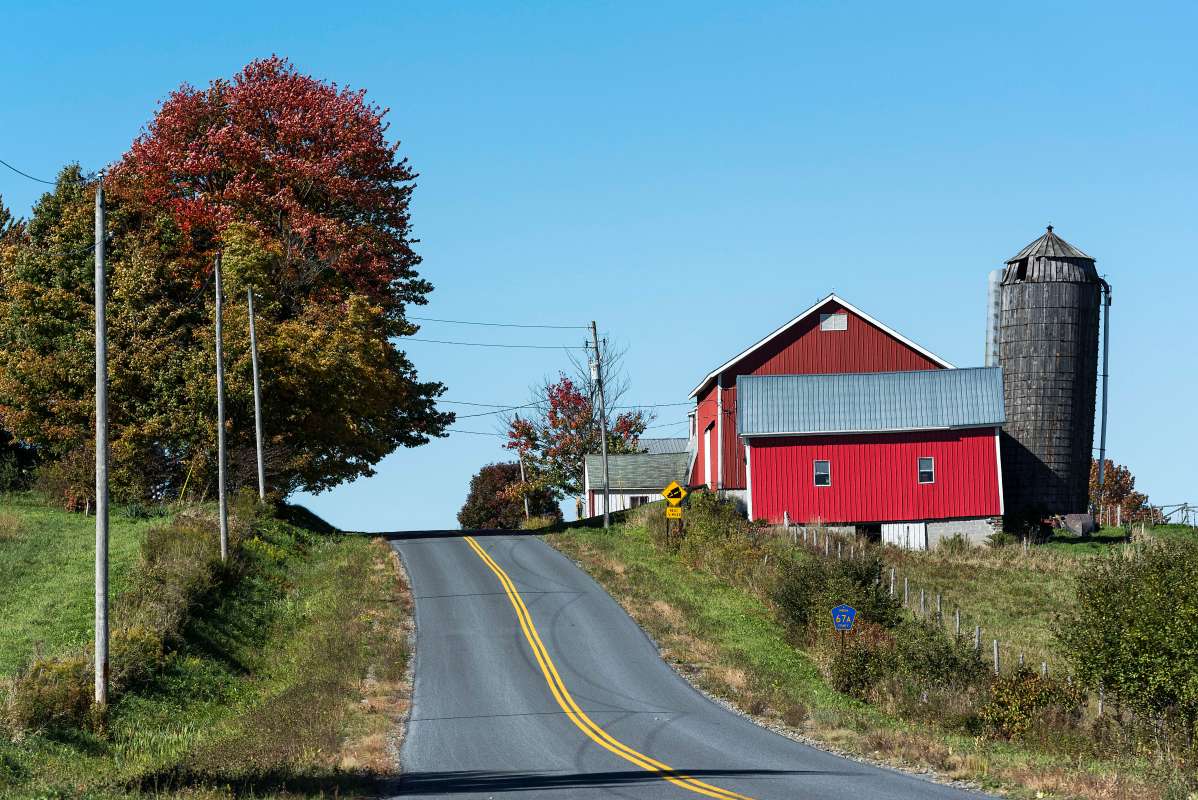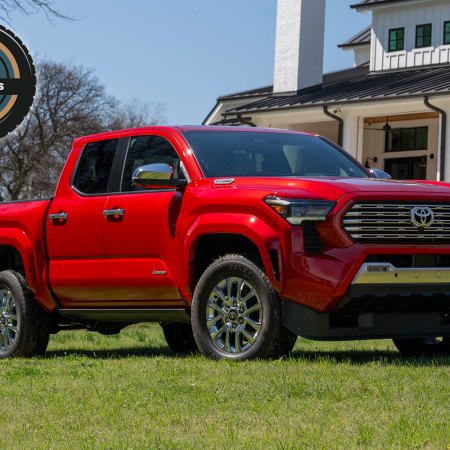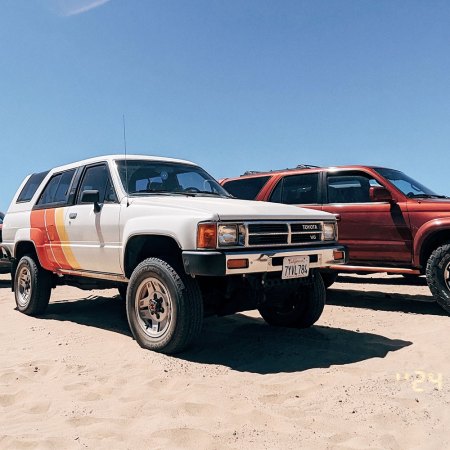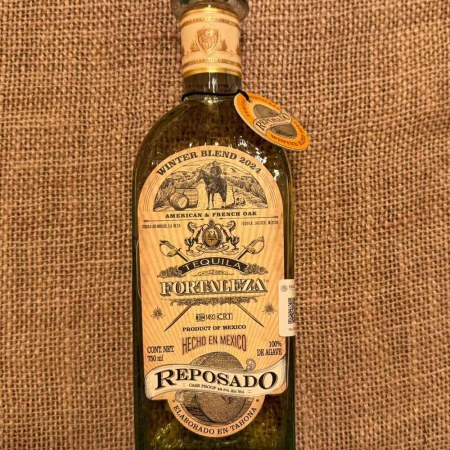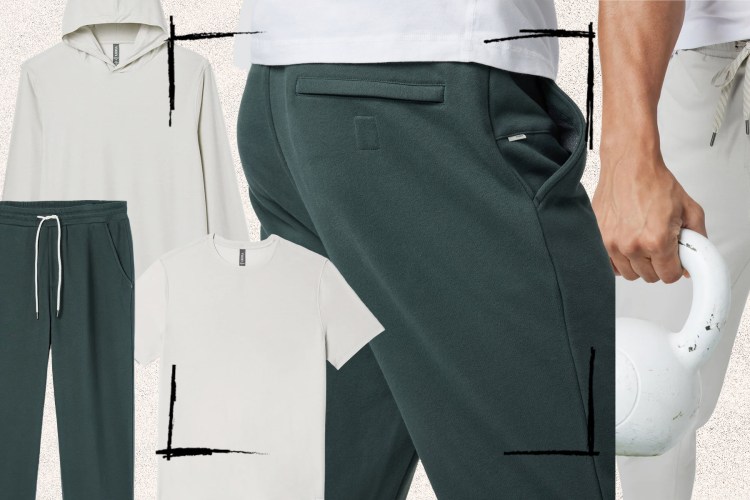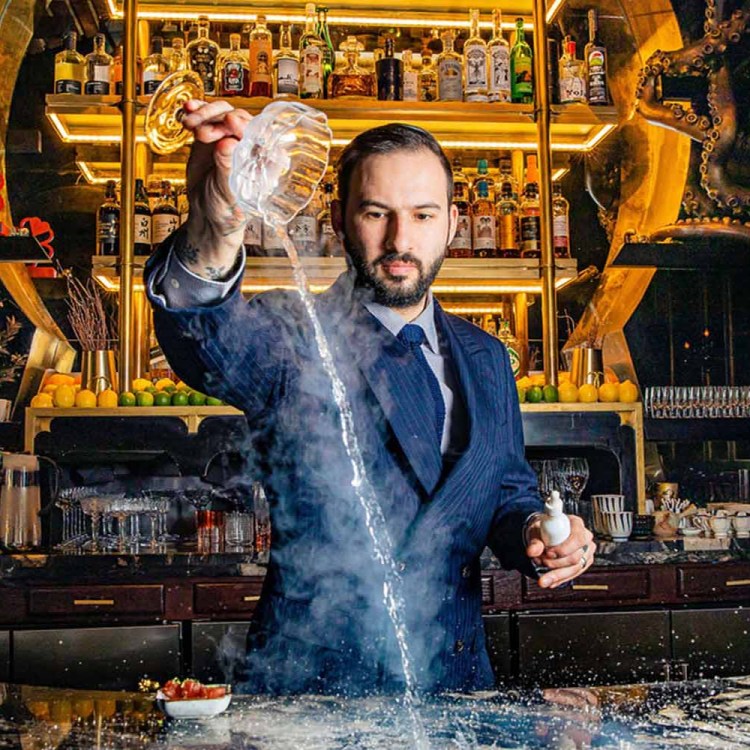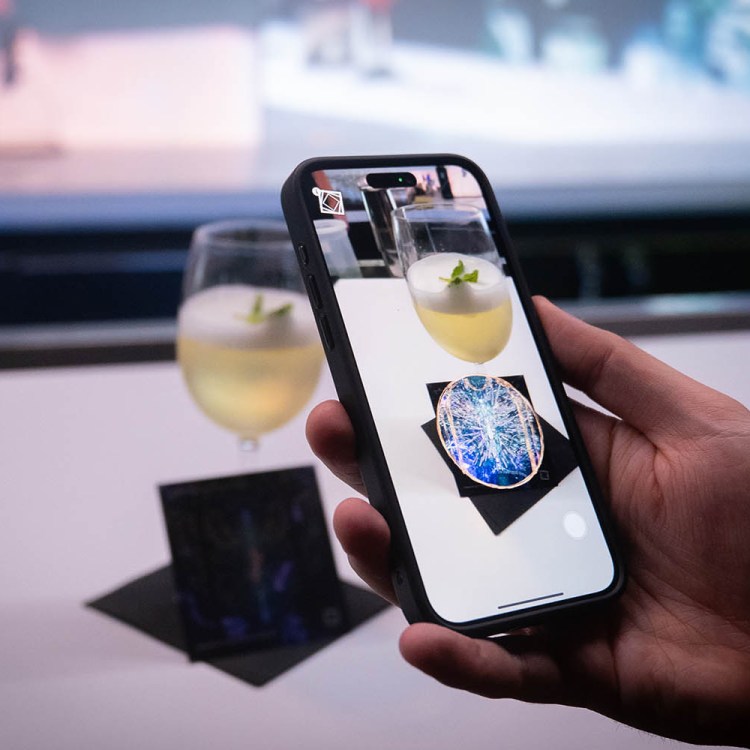The last four months have felt like a French novel in terms of eating. Everything has slowed down in my family’s kitchen, simply because there’s more time. Now I sit to wash strawberries, contemplating each bulb as I massage the skin. In the past, it was a matter of mass rinsing, then dumping the lot into a bowl. At one point during the lockdown, we were eating three meals a day, seven days a week at the table, something that we’d never done. As weeks turned to months, I started reading chefs’ blogs for new recipes, and noticed that the quality of ingredients was often emphasized, with the goal being to release the natural flavor of a food with the least amount of processing.
With so many small farms (most of which are open to the public) just a couple of hours drive from the city, I decided to plan a summer weekend picking fruit, watching cows get milked and sourcing some of these prized ingredients for myself. After a quick internet search, I decided on four farms (all within driving distance of one another) that specialize in very different things. And as luck would have it, Toyota offered transport: a 2020 4×4 Nightshade in Blizzard Pearl. I’d actually been itching to get behind the wheel of a 4Runner for a long time, as this meaty ride is something of a legend, having been in continuous production 36 years, and still revered as one of the only affordable SUVs to blend comfortable off-road and on-road driving.
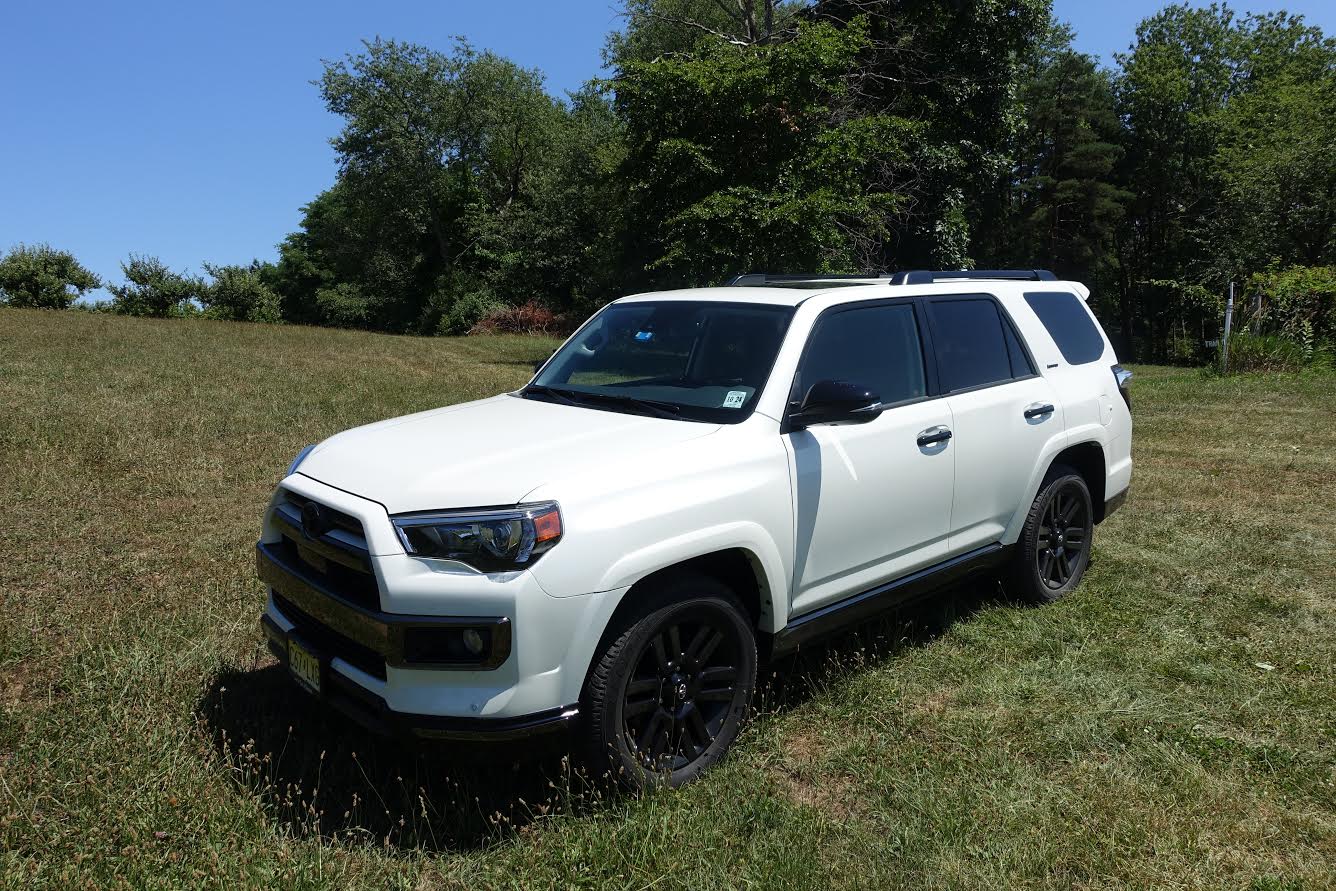
The first farm on my list, Stone Gate Farm, located in Orange County, New York, looks more like a Proustian château than an American farm, with a Parisian Mansard roof and symmetrical, color-coordinated beds of heirloom fruits, vegetables, and herbs. Owned and operated by Matthew Benson (author of Growing Beautiful Food) and Jill Rowe, Stonegate Farm has turned bio-intensive organic and sustainable farming into something of an art form. Strolling through the crumbling pillars onto the property, the plants look as beautiful as they are nourishing.
Matthew and Jill feed about 100 people a week with their CSA salad blend. “We create a symphonic mix,” says Matthew, “where every piece is a note.” The mélange changes every week, but often includes ingredients such as edible nasturtium, borage, holy basil, Concord grapes and heirloom tomatoes. In addition to cultivating organic herbs, fruit, vegetables and honey, Matthew and Jill also collaborate on their beauty and wellness brand, Cultivate Apothecary, which means harvesting botanicals not only for skincare, but mental clarity, calmness, physical health and general wellness. Handsomely packaged glass bottles of serum can be purchased on site (by appointment) or through the website, where there’s a quiz to help you find the right formula, though most men would probably opt for “Evolution,” a multi purpose face serum that functions both as a pre-shave oil and a daily moisturizer.
It’s a one-hour drive to the next farm, and we’re happy to take refuge from the 98-degree day back in the 4Runner. The long, open stretch of highway ahead gives me a chance to really drive the vehicle, which I must admit, is a little disappointing. First of all, the acceleration — even with a V6 — is sluggish. If you plan on passing another vehicle going uphill, you might want to send the 4Runner a note the night before. I know there’s probably an option on the gear shifter to remedy this, but without paddles, it’s hard to fiddle around when you have only a couple of seconds to initiate the maneuver. Also, washing the dust from the rear window, the descending rear wiper doesn’t clear dirt with a full 180-degree swipe. I can’t imagine how good it would be with a few pounds of snow to shift.
Like Jeep owners, 4Runner enthusiasts are truly devoted to these machines, and there are countless online forums for drivers to discuss everything from overlanding to lift kits. But despite its flaws, the 4Runner looks fantastic and gives off a sense of fun and adventure. I love the more vertical angle of the windshield and the ride height, and the overall styling is beefy enough for people to think twice about cutting you off while not being overtly aggressive. It’s known for reliability, and one of the only SUVs that hasn’t become a staple for soccer moms on Long Island (like Land Rover’s LR4). The trunk is also huge and designed to offer a comfortable place to sit after a long hike or hours of skiing. In conclusion, the 4Runner truly lives up to the idea of a sport utility vehicle — despite its on-road limits, the off-road opportunities seem endless when you consider how many after-market accessories are available. But I digress.
Back in New York, my next stop was Grieg Farm in Red Hook (Hudson Valley — not Brooklyn), which has been run by the same family for three generations and actively touts itself as “a destination to share the experience of agriculture.” While there’s a farm shop, café, and several goats you can feed, fruit-picking is the biggest draw. Driving onto the 300-acre property, visitors are handed containers by friendly employees for collecting what happens to be in season. These are weighed on the way out. In terms of cost, three large containers of blueberries (about 15 cups) weighed in at around 10 dollars all together — a massive saving from the supermarket — plus we got to try a few out mid-pick. There’s something quite calming about picking fruit, and it was satisfying to see the decades-old plants on which the berries were growing. Although there are no pesticides used on any berries here, the farm is not yet certified organic, though the Greig family “invests in farming practices that improve the health of our soil, our ecosystem, and our environment.” The barn shop sells local craft beer, raw honey, coffee, cheeses and “grass-fed” meat from neighboring farms, so pack a cooler.
Hudson Valley Fisheries is more egg-to-plate than farm-to-table. This Upstate fish farm specializes in New York Steelhead trout without the use of any antibiotics, vaccines or pesticides. I had always been told that wild-caught fish are superior to farmed fish. If that’s the case, then Hudson Valley Fisheries may be the exception with their Recirculating Aquaculture System, only one of a handful in the country and the only system farming New York Steelhead trout. I spoke to company president John Ng, who talked me through his meticulous process. It begins with eggs (rather than small fish), since the water they come in could mean invasive species that threaten the land-based, indoor bio-secure environment, which functions like a massive womb and has garnered several accolades for sustainability. While providing food for more than a dozen restaurants (including Il Buco), fish can also be ordered for home delivery, and the “fresh never frozen” mantra means it’s on your plate no longer than 48 hours after harvest. Some cuts of fish even leave the farm within two hours. Although we couldn’t visit the farm itself due to “biosecurity protocols,” online orders and subscription options for New Yorkers seem like a good idea during COVID-19. Think of it as a fish CSA that harvests between 15,000 and 20,000 pounds of fish every week.
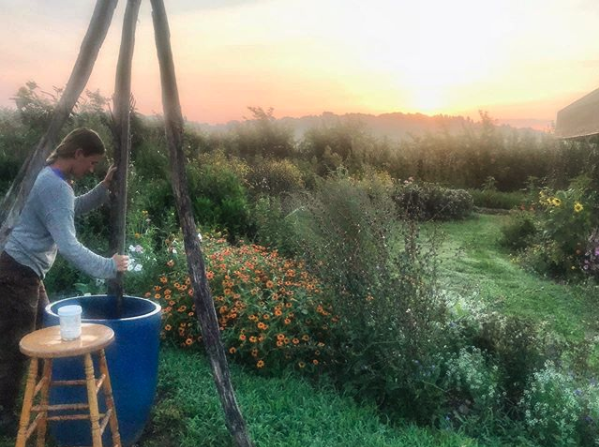
The final stop, located on 250 acres in Claverack, New York, is Churchdown Dairy, a biodynamic home to 28 grass-fed cows, their calves, a herd of beef cattle and some pigs. We got there just in time to witness the milking, which was a calm, gentle affair that made Churchdown feel like a Waldorf school. Kindness to animals and natural rhythms are considered integral here for daily operations, and the Brown Swiss, Jersey and Guernsey cows all eat a primarily grass-fed diet. Calves are kept with their mothers and run with the herd, which according to the dairy farmers causes a slight decrease in milk production but reduces stress on both the mother and the calf, thereby contributing to the harmony of the herd. The shop sells biodynamic raw milk, a variety of cheeses, and cuts of beef and pork, along with teas and home-made elixirs.
Returning to the city, the 4Runner was coated in a thick layer of dust from sharing dirt roads with tractors. And although I enjoyed the rugged appearance and handling off the highway, I’m not sure it’s worth hefty price tag — not just because of the few negative points I mentioned, but because the safety rating, according to iihs.org, is sub-par. Why spend between 40 and 50 grand on a car with P (poor) and M (marginal) grades in some of the newer crash tests, when you can have its cousin, the Toyota Highlander, a Top Safety Pick with an almost perfect safety score for less money? I know the Highlander doesn’t look as cool and won’t drive over mountains, but if you’re buying a car primarily for family trips, the Highlander hits the mark. Despite its loyal following, one has to ponder the 4Runner’s future, what with competition from the long-awaited Land Rover Defender, the Ford Bronco and even Jeep’s improved Wrangler. One can only hope the sixth-generation of this iconic SUV will be good enough to help maintain its grip, not just on farm roads, but in this competitive and exciting branch of the automotive market.
This article was featured in the InsideHook NY newsletter. Sign up now for more from all five boroughs.
